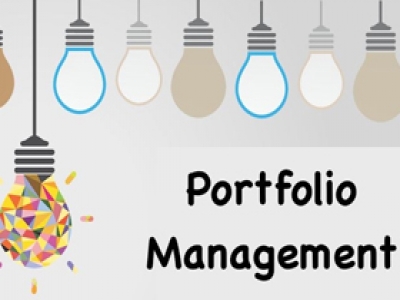In February, SEBI asked PMS players to introduce direct plans just like in mutual funds. The regulator had asked portfolio managers to provide an option to clients to be on-boarded directly, without intermediation of persons engaged in distribution services.
With this, investors can directly invest in PMS from October 1, 2020. However, they will have to evaluate their risk profiling, select PMS, understand terms & conditions, discuss fees and profit sharing and complete all formalities like assigning the power of attorney and so on.
Manish Sonthalia, Associate Director, Fund Manager AIF & PMS at Motilal Oswal AMC believes that introduction of direct plan is good for PMS players. Sonthalia said, “Clearly, investors will be more financially aware now. However, I do not think introduction of direct plan will affect distribution business. Many investors who do not have the time to do research and seek value addition will continue to prefer distributors.”
Nalin Moniz, CIO - Alternative Equity of Edelweiss points out that the direct plan has been around for quite some time now. “Many wealth management boutiques and banks have been offering PMS on their own to clients with no distribution costs which are like direct plans. However, now with the regulation, it is mandatory for all PMS players to offer direct plan option. In my view, top distributors who understand PMS products and have a good hold of their clients will continue to grow,” said Moniz.
Monalisa Shilov, CBO & Investment Specialist at Trivantage Capital, a PMS company said that her company will continue to rely on distributors to sell their PMS. “Investing in direct mutual fund and direct PMS is very different. It would not be easy for an investor to assess his risk profile if he wants to start with a minimum ticket size of Rs.50 lakh. Also, there is lot of complexity involve in PMS investments like discussing profit sharing, power of attorney which can only be handled by distributors,” said Monalisa.








